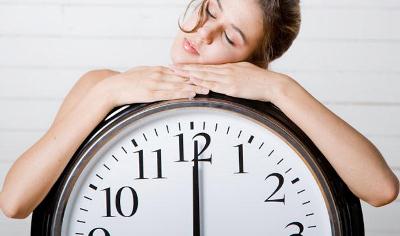What Are The Effects Of Daylight Savings Time?
Did you wake up feeling groggy yesterday? Chances are most of us did, and not just because it was Monday. Yesterday we lost an hour thanks to Daylight Savings Time (DST). On Sunday March 11, 2012, we sprung our clocks forward an hour just like we do every spring in order to make the most of the daylight.
Daylight Savings Time showed up during the First World War to extend the amount of daylight hours as a way to preserve energy. Some countries have never used DST, others have dropped it completely. But here in most of Canada, and most of the United States, we still go through the bi-yearly change.
You might think losing one hour of sleep wouldn’t make a significant impact, but according to many sleep experts, losing an hour sleep can have some pretty severe consequences. In fact the change has been blamed for an increased risk of heart attacks in the week following DST (the risk decreases in the fall by the same amount). A 6-17% increase in traffic accidents has been observed on the days following DST. And workers also report more on-the-job injuries on the Monday after DTS.
There is no concrete reason why this happens, just that our bodies may be more sensitive to this change than we initially thought. Of course sensitivity will vary from person to person, and is usually based on personal health, sleep habits and lifestyle.
So based on the above, we assumed the best and safest thing to do on the Monday after Daylight Savings is to stay in bed. But sadly, that’s not correct. Follow these simple rules and your circadian rhythm should be back to normal within a few days:
- Try to get in 20 minutes of aerobic exercise each day like a brisk walk to elevate your heart rate.
- Get as much light as possible during the day, then when it’s dark out, avoid bright lights (like TVs and computers).
- Eat foods high in tryptophan like bananas, nuts or milk.
For overall health and a better night’s sleep, get yourself into a regular sleep schedule and practice good sleep hygiene, including reducing caffeine and alcohol before bed, exercising several hours before bed, and creating calming rituals like baths or reading before bed. You’ll be feeling and sleeping better in no time!
Daylight Savings Time showed up during the First World War to extend the amount of daylight hours as a way to preserve energy.






0 Comments
You can be the first one to leave a comment.